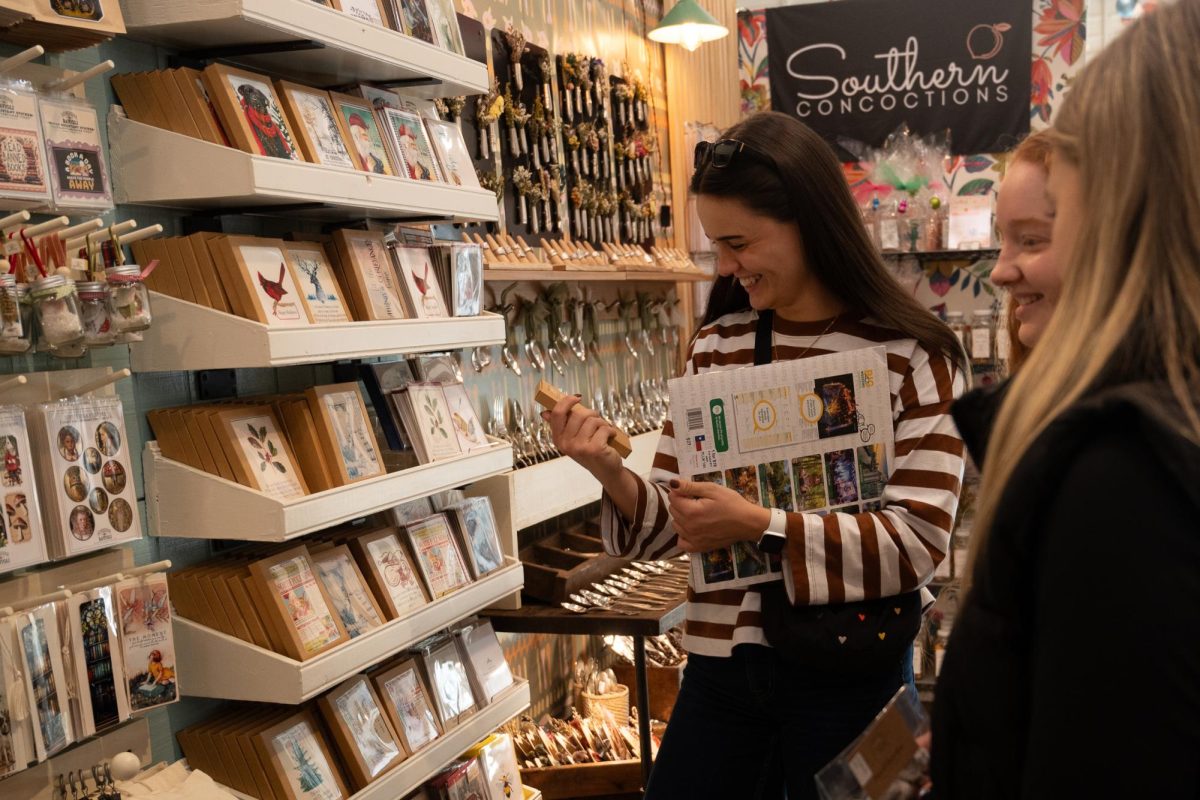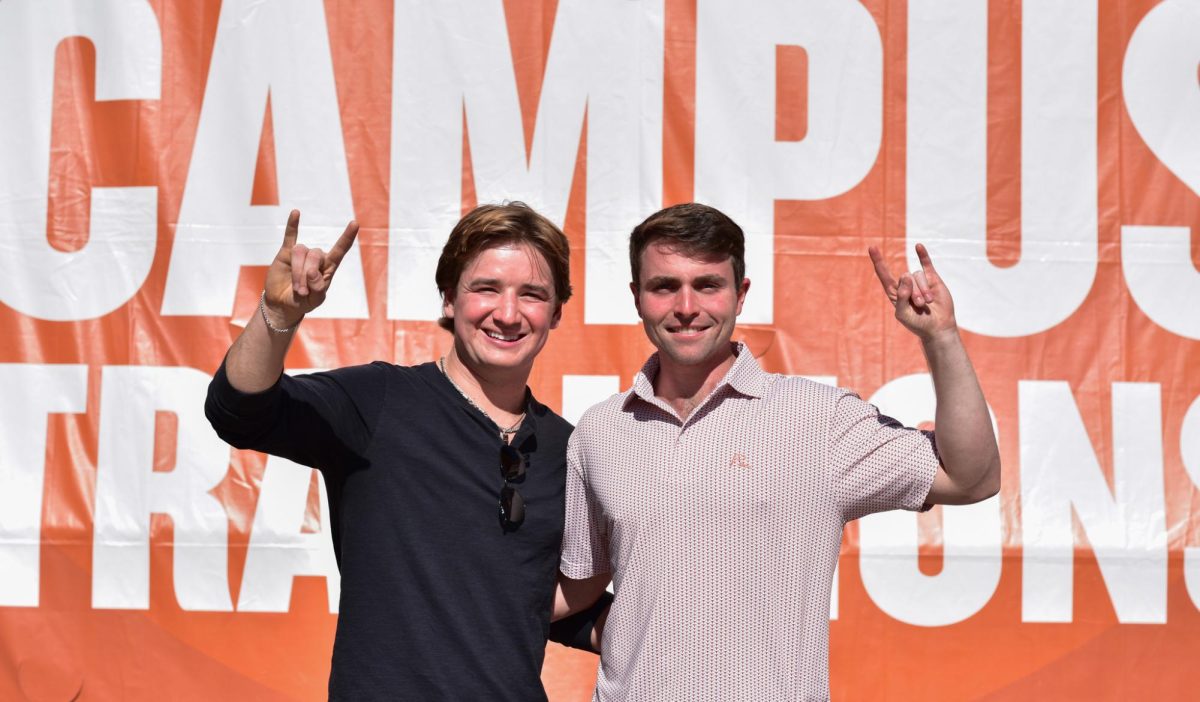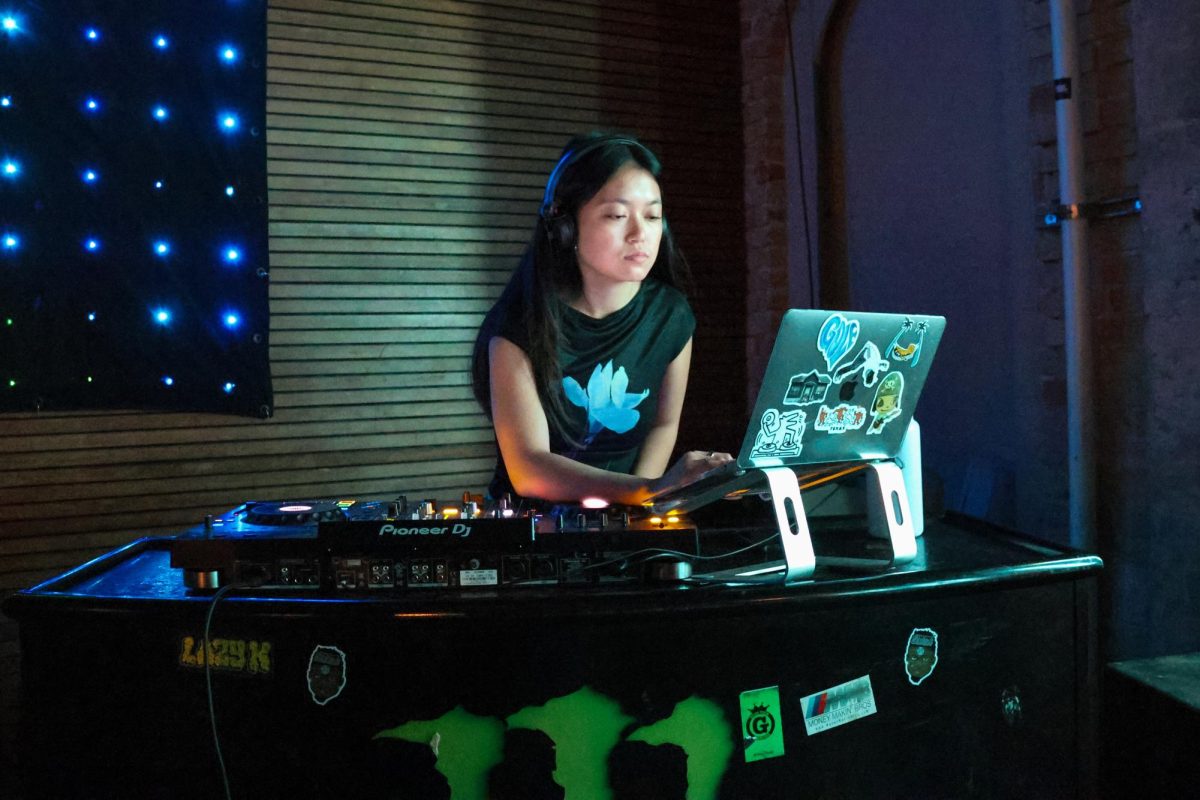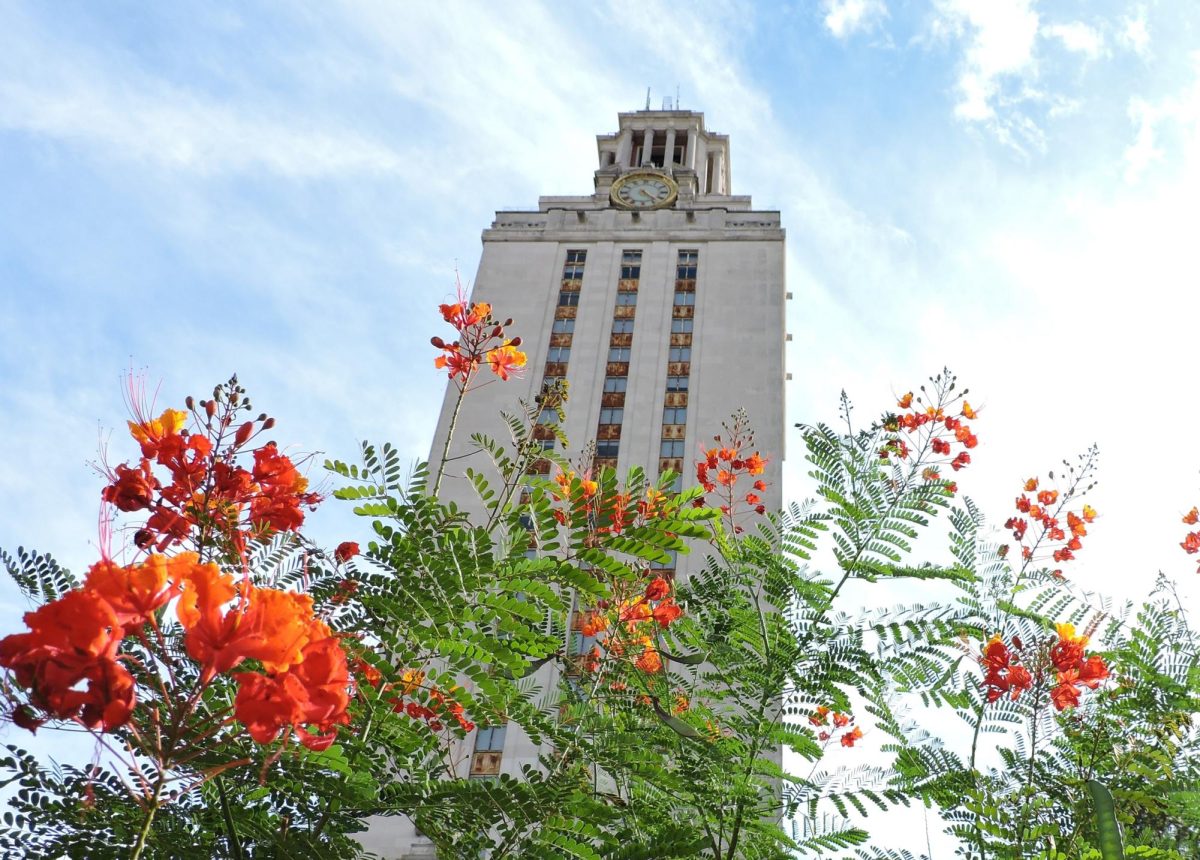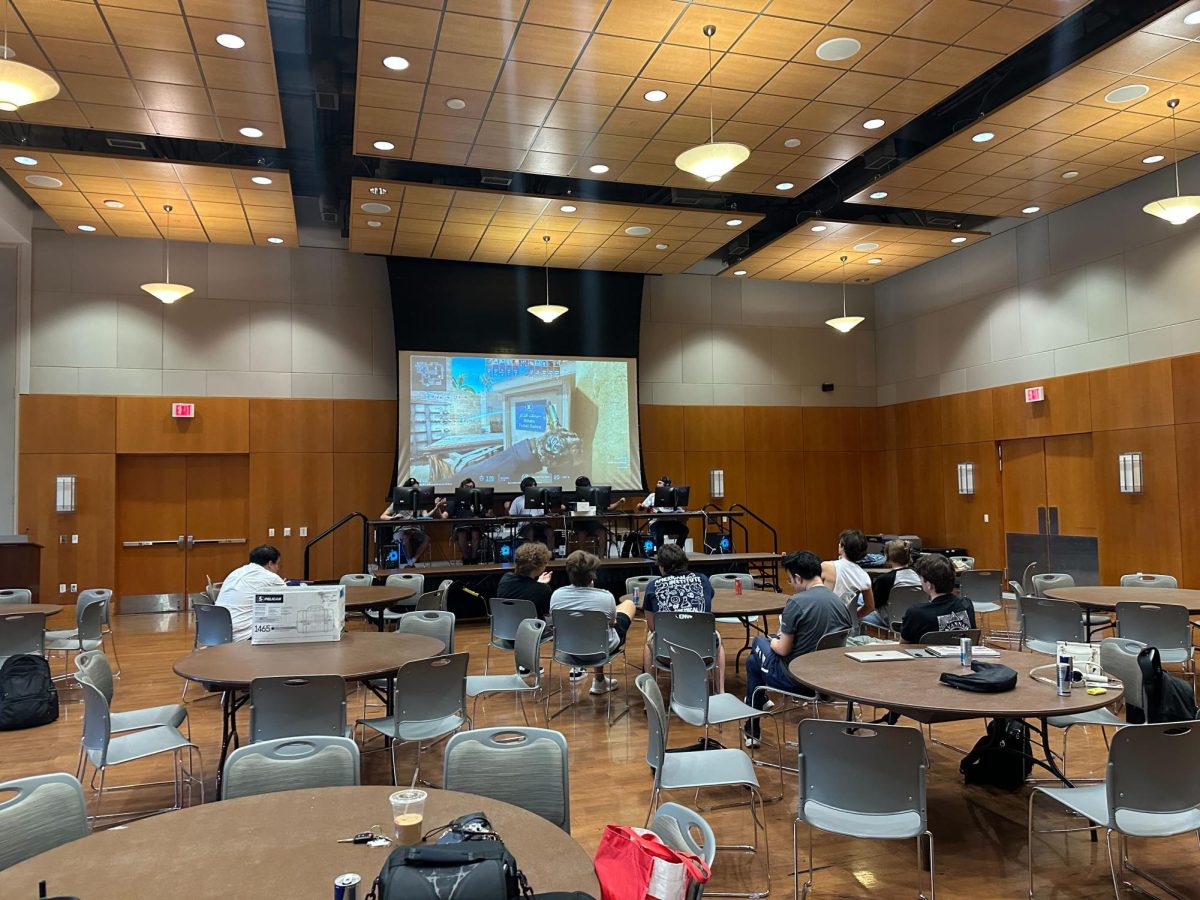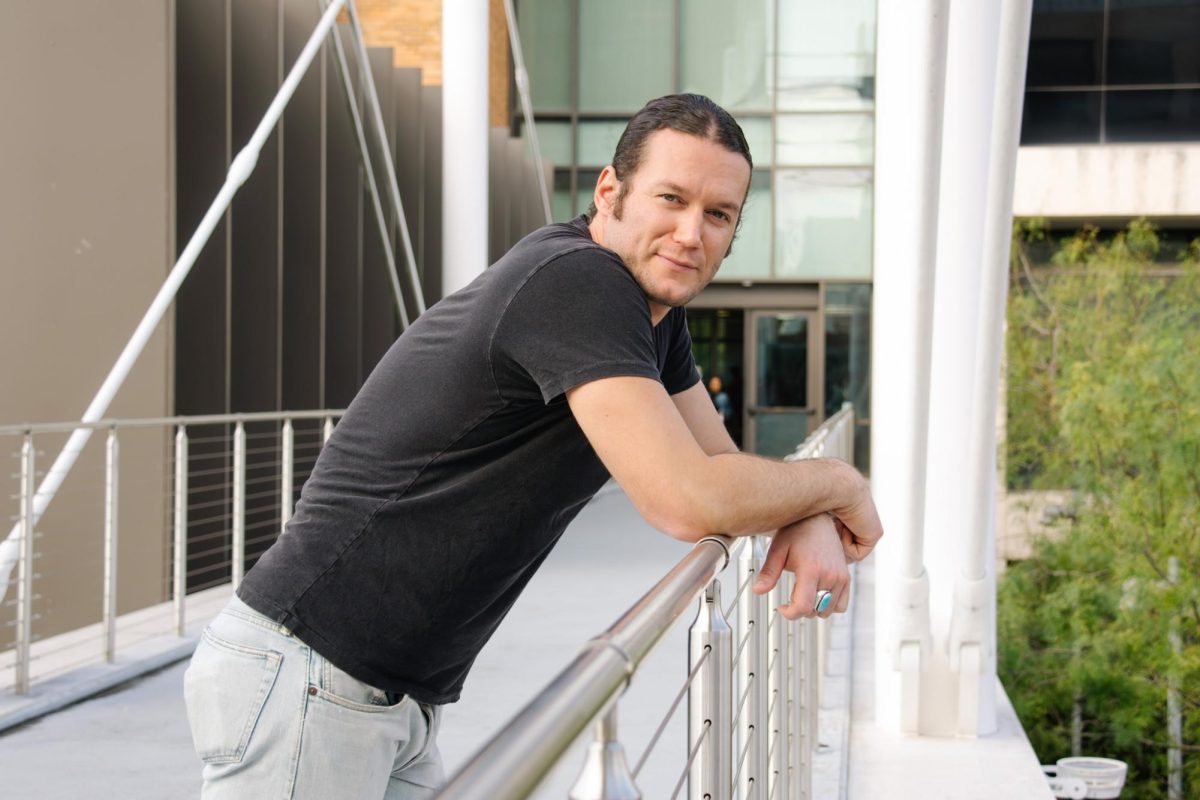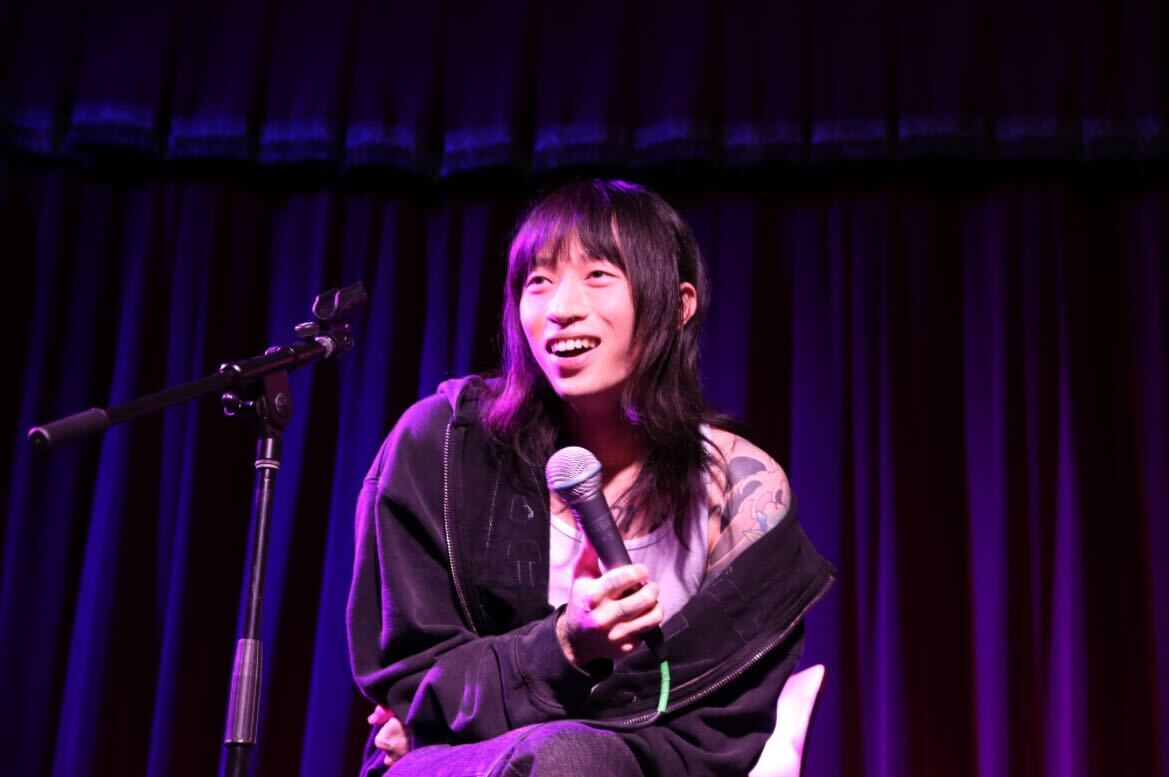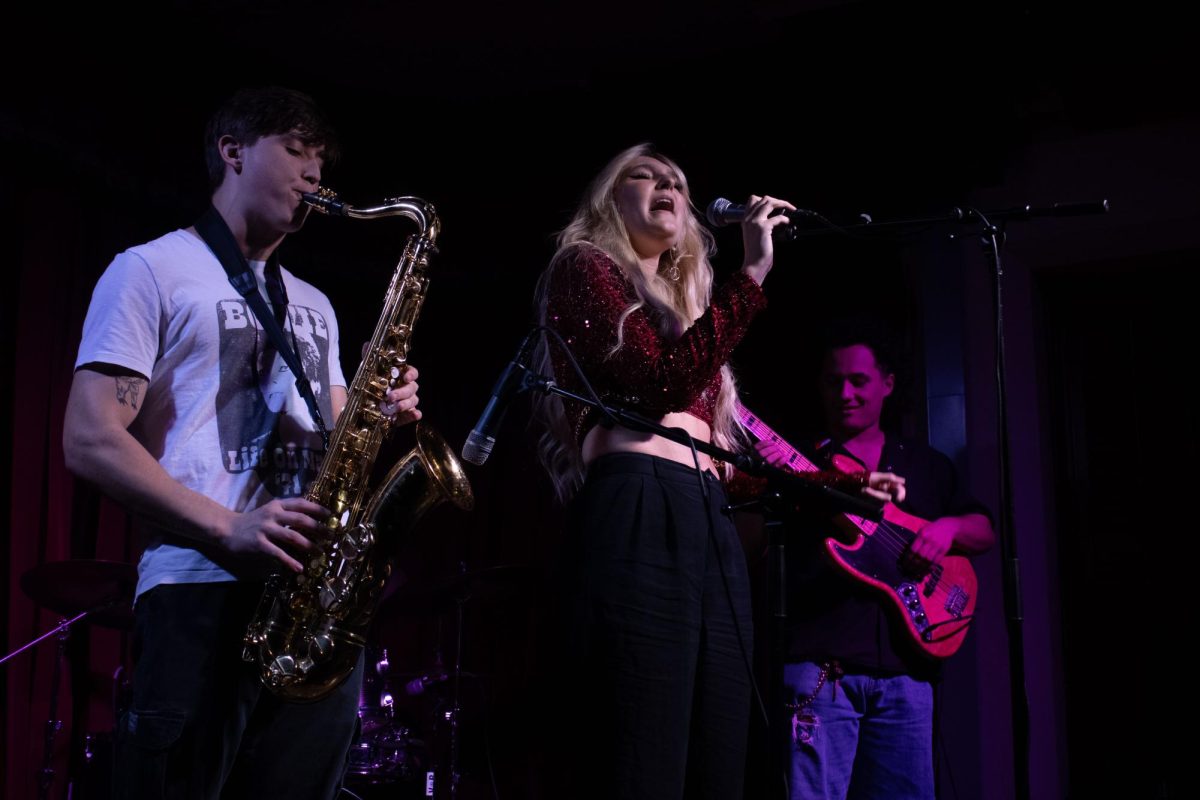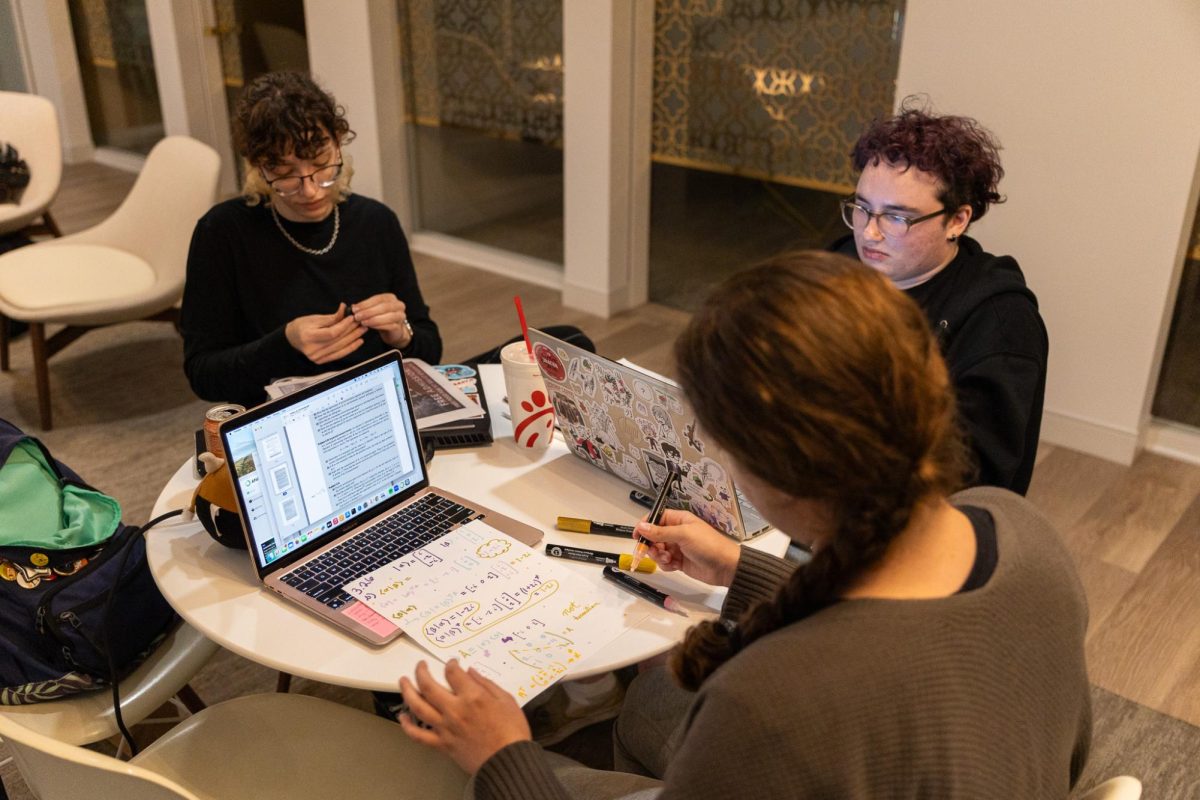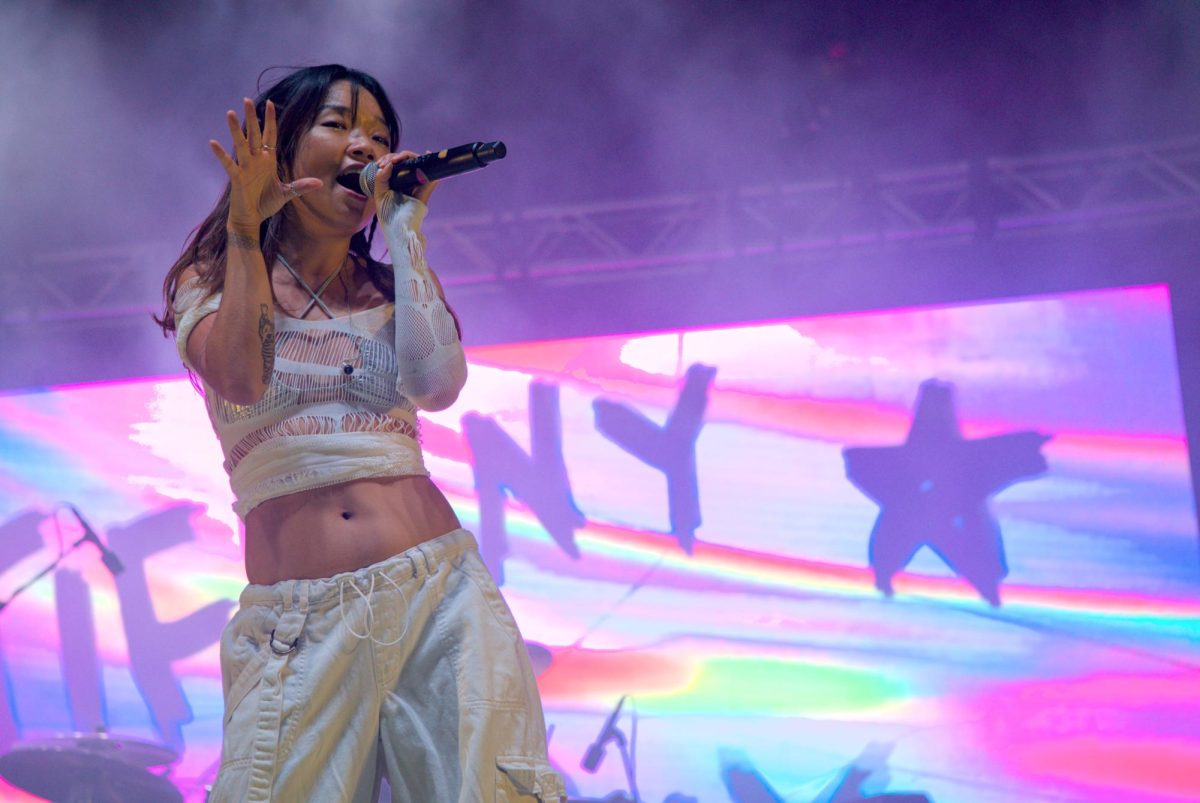BEIJING — On his first attempt, Nicholas Brownlee manages to spit out the sound “shee.” His teacher patiently shakes her head.
“It’s not ‘shee,’ it’s ‘xi,’” she says, pronouncing something close to “shee” but not quite the same.
Brownlee scribbles down some notes as the class moves onto “ri,” which sounds like “err.”
A trained opera singer, he is one of 20 young foreign vocalists in Beijing this summer to learn how to sing opera in Mandarin.
China may be better known for its Peking Opera, but a new generation of composers favors Western-style operas in Chinese.
So the government, in a bid at cultural diplomacy, organized the monthlong training program — dubbed “I Sing Beijing” — with help from the Colorado-based Asian Performing Arts Council and other overseas groups.
“You could say it’s an experiment of sorts,” said Tian Haojiang, head of the program and the Metropolitan Opera’s most renowned singer from China.
Brownlee trained for and performed the lead in “Poet Li Bai,” which had its international premiere in the U.S. in 2007 with Tian in the same role.
“I’d be lying to say I wasn’t intimidated,” said Brownlee, winner of the Metropolitan Opera National Gulf Coast Regional Competition.
“Singers are already sensitive to pitch, which is a big advantage in learning Mandarin,” said Katherine Chu, a coach for the program. “But certain words, like ‘zi’ and ‘zhi,’ aren’t singer-friendly.”
The proper placement of words is also important.
“When opera singers read “wo bu zhi dao,” which means “I don’t know,” they instinctively want to separate “dao” from the rest of the sentence, because they are used to singing that way in Italian,” Chu said. “But in Chinese, it just doesn’t make sense.”
As China’s economy grows, so does investment in the arts. Local leaders are eager to build performing arts centers as a symbol that their city has arrived.
For the Americans, the growing market in China contrasts with the shaky one at home.
Beijing recently announced plans to promote the global tour of a Chinese trio of tenors, including Dai Yuqiang, one of China’s most famous tenors and a favorite of the late Luciano Pavarotti.
“Cultural influence is a form of soft power,” said Kang Wei, chairman of the Beijing Performing Arts Group, which is co-sponsoring the tour. “Although it is not political it can still create a lasting effect.”

